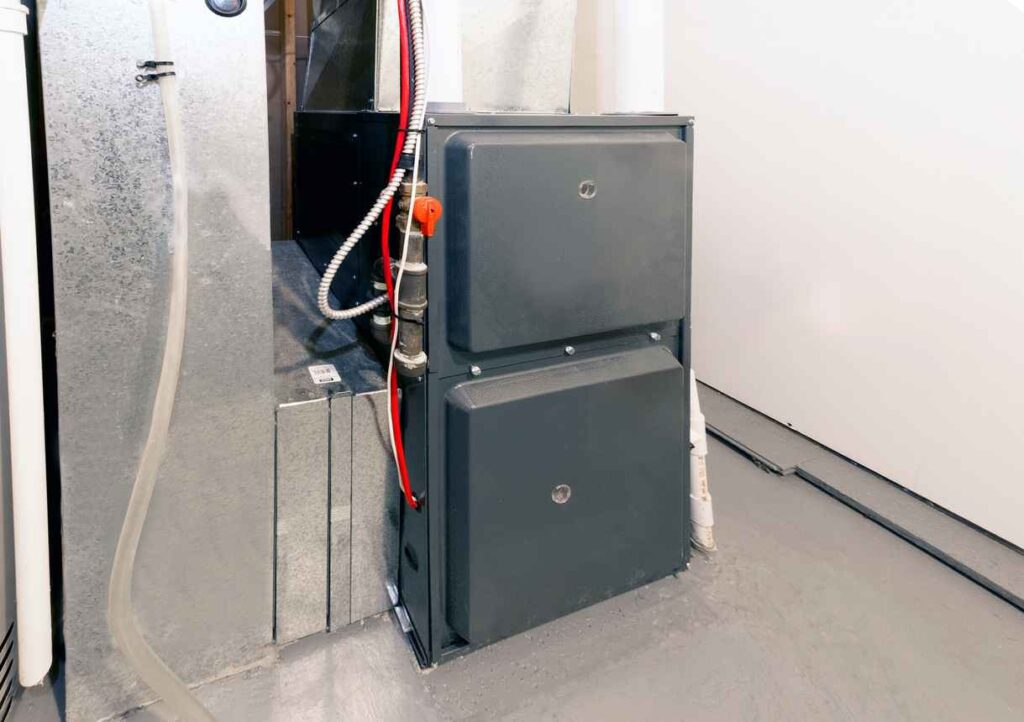A furnace is an essential component of your home’s heating system, providing warmth and comfort during the colder months. However, like any appliance, furnaces have a finite lifespan. Understanding how long a furnace typically lasts and what factors influence its longevity can help homeowners plan for maintenance, repairs, or even a replacement.
On average, a furnace can last anywhere from 15 to 20 years. However, this range is not set in stone. Some furnaces may exceed 20 years with proper care, while others may require replacement sooner. Factors such as the type of furnace, frequency of use, and maintenance history play a significant role in determining its lifespan.
Factors that Impact Furnace Longevity
Several factors influence how long a furnace will last:
Maintenance Practices
Regular maintenance is the key to prolonging the life of a furnace. Annual tune-ups, filter replacements, and cleaning help ensure that your system runs efficiently and avoids unnecessary wear and tear.
Installation Quality
A furnace that is improperly installed may face operational issues from the start. Ensuring professional installation is crucial to its long-term performance.
Usage Patterns
How often you use your furnace can also affect its lifespan. Systems that run continuously during the winter will naturally experience more wear than those used in milder climates.
Type and Quality of the Furnace
Higher-quality furnaces made from durable materials and with advanced features tend to last longer than their lower-cost counterparts.
Environmental Factors
The air quality in your home can impact furnace performance. Excess dust, debris, or humidity may lead to internal damage over time.
Signs It’s Time to Replace Your Furnace
Even with the best care, furnaces eventually need replacement. Here are some common signs that your furnace may be nearing the end of its lifespan:
- Frequent Repairs: If you’re calling for repairs multiple times a year, it may be more cost-effective to invest in a new furnace.
- Increasing Energy Bills: A furnace that struggles to operate efficiently can drive up your energy costs.
- Uneven Heating: If some rooms in your home are warmer than others, your furnace may be losing its ability to distribute heat evenly.
- Strange Noises: Unusual banging, rattling, or squeaking sounds can indicate significant internal issues.
- Age: If your furnace is approaching or has surpassed 20 years, it’s a good idea to start planning for a replacement.
How to Extend the Life of Your Furnace
Taking proactive steps to care for your furnace can add years to its life. Here are some tips:
- Schedule Annual Maintenance: A professional tune-up each year can catch minor issues before they become costly problems.
- Change Filters Regularly: Dirty filters force your furnace to work harder, leading to faster wear and tear.
- Seal Your Home Properly: Insulating and sealing your home reduces the workload on your furnace, making it more efficient.
- Install a Programmable Thermostat: Reducing strain by setting appropriate temperatures can enhance your furnace’s longevity.
Contact Southern Goodman Heating & Air Conditioning for Your Furnace Needs
If your furnace is showing signs of age or inefficiency, don’t wait for a complete breakdown. Contact Southern Goodman Heating & Air Conditioning today for all your furnace needs. Whether it’s maintenance, repairs, or installation, our team is here to keep your home warm and comfortable year-round.

